Glycerin For Hair: Benefits, How To Apply, And Side Effects
Discover the hair-nourishing benefits of this humectant, heat protectant, and pH balancer.
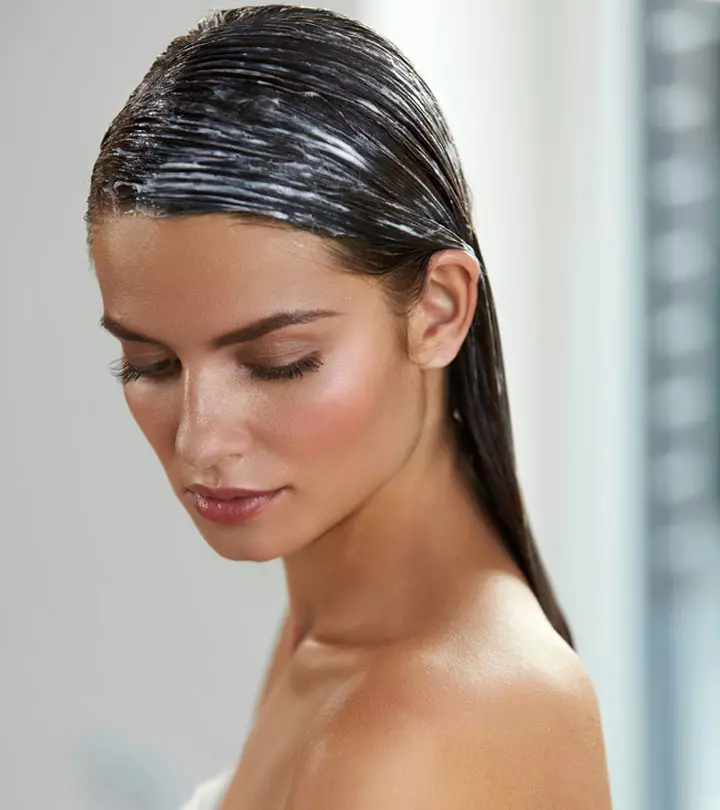
Image: Shutterstock
Little is known about the benefits of glycerin for hair. But that changes today. While it is a popular ingredient in the skin care world, glycerin, a natural humectant, can be used to moisturize your scalp and hair too. It attracts moisture from the environment and locks in hydration, making it an effective solution for improving hair texture and its health. It can be valuable in the treatment of dry and itchy scalp or dry and damaged hair. In this article, we will take a look at the multiple benefits of glycerin for hair, usage tips, and potential side effects. Keep reading to know more about this effective hair care ingredient.
 Know Your Ingredient: Glycerin
Know Your Ingredient: GlycerinWhat Is It?
A colorless, odorless, viscous humectant derived from plant sources.
What Are Its Benefits?
It hydrates your hair, eliminates breakage, and improves scalp health.
Who Can Use It?
Especially effective for dry, dehydrated, coarse, or thick hair.
How Often?
Three times a week.
Caution
Avoid using it if you are allergic to it or have just got a dye job.
In This Article
The History Of Glycerin
Glycerin can be traced back to the ancient times when it was discovered as a natural byproduct of soap-making. While the French chemist Michel-Eugène Chevreul coined the term glycerin (or glycerine) in 1811, the substance was discovered by German-Swedish chemist Carl Wilhelm Scheele in 1783, who described it as the “sweet principle of fat”.
Glycerin slowly gained prominence as a vital ingredient in the pharmaceuticals, cosmetics, and food industries. Its use expanded during the 19th century when it became a key component in the dynamite-making process. Over time, its significance in personal care products surged due to its moisturizing and emollient qualities. The benefits of using glycerin on lips and skin, such as its ability to hydrate and protect against dryness, became a key reason for its widespread adoption in lip and skin care products.
Glycerin has therapeutic properties that help improve skin health. But can it improve your hair health as well? Find out in the next section.
Key Takeaways
- Glycerin softens the hair, helps maintain pH levels on the scalp, protects the hair against heat, minimizes dandruff,
- stimulates hair growth, and provides relief from itchy scalps.
- You can mix it with ingredients such as castor oil, rose water, aloe vera, etc., to reap extra benefits.
- Glycerin may have side effects such as sticky, greasy hair, irritation and itching.
- It is better to avoid using pure glycerin then in winters as it thickens when cold and may dry up the hair.
Glycerin For Hair: Is It Good?
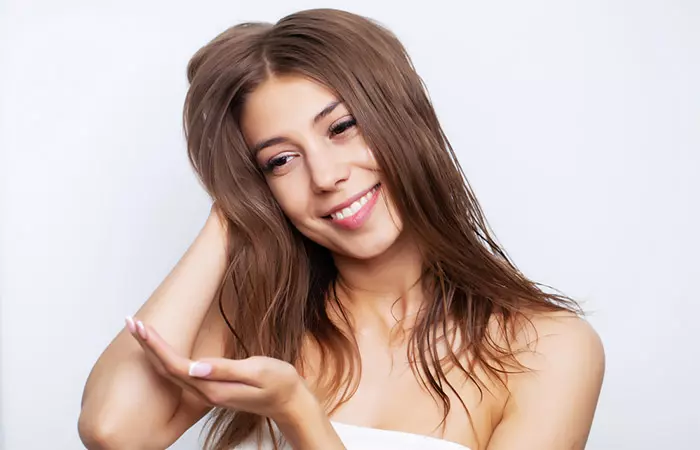
Glycerin is known to suit all hair types, including curly, frizzy, and thick hair. Anecdotal evidence suggests it may repair damaged hair. Glycerin may also hydrate and replenish dry hair. It can fortify split ends, prevent hair breakage, and combat dandruff.
A blogger who writes on natural hair recommends using glycerine for dull and dry hair: “I find that glycerine does wonders for one’s hair, especially if one has dry hair like mine. And it is really affordable (i).” She adds, “The chemical make up allows glycerine to draw moisture from the air to my hair which is exactly what my hair needs. I love that glycerine helps moisturize hair but I don’t like that it is not so great for hairstyles that require my hair to be out and bouncing….”
In the following section, we will look at the benefits of glycerin backed by some research.
Benefits Of Glycerin For Hair
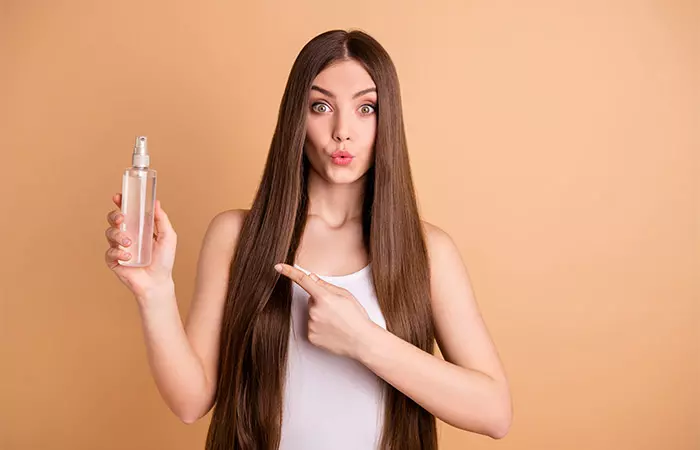
- Glycerin is a popular humectanti A moisturizing agent that can attract water from the air from the skin to keep the skin moist and hydrated. and can soften the hair.
- It works as a heat protectant by creating a protective barrier around your strands. This barrier not only helps retain moisture but also minimizes damage from heat-styling tools like a flat iron (1).
- It may also balance scalp pH levels and minimize the damage caused due to alkaline changes.
- Glycerin may help reduce dandruff when used as a leave-in hair treatment (2). It is also used in herbal anti-dandruff shampoos, creams, and lotions, as they can dry out the hair, and glycerin can prevent dryness (3).
- It is used in shampoos as a hair conditioning agent (4). Glycerin boosts the moisture content in the hair roots and strengthens the hair shaft (5).
- It was also shown to induce hair growth in mice studies (6).
- It may help soothe dry and itchy scalps (7).
 Quick Tip
Quick TipMany people know how to use glycerin on the face but what about hair? Read the next section to learn more.
How To Use Glycerin For Hair
1. Hairspray
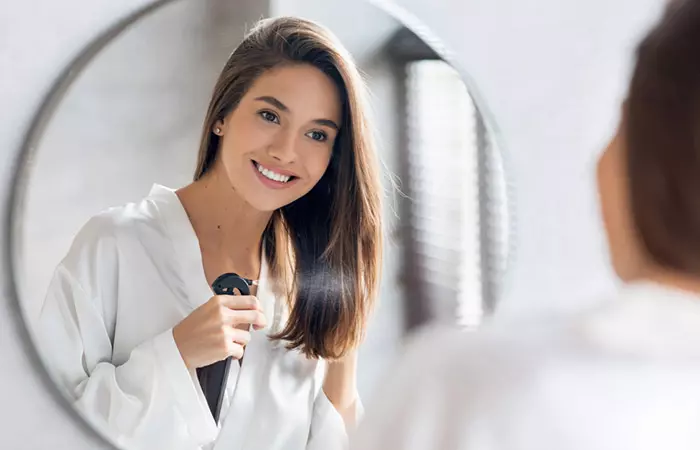
You Will Need
- Rosewater: ½ cup
- Peppermint or rosemary essential oil: 4 to 5 drops
- Glycerin: 2 tablespoons
- Water: ½ cup
- A spray bottle
Preparation Time
2 minutes
Processing Time
N/A
Procedure
- Mix all the ingredients.
- Pour the blend into the spray bottle.
- Spritz the spray on washed, damp hair.
How Often
Once every week
Why It works
Research shows that rosewater can help retain skin moisture (8). This may treat dry and itchy scalp disorders. Peppermint and rosemary have antimicrobial and antifungal properties that may help keep the scalp clean (9).
2. Castor Oil With Glycerin
You Will Need
- Castor oil: 1 tablespoon
- Glycerin: 1 tablespoon
- Water: 2 tablespoons
- Apple cider vinegar: 1 tablespoon
- Egg yolk: 1
Preparation Time
2 minutes
Processing Time
20-45 minutes
Procedure
- Mix all the ingredients in a bowl to form a smooth paste.
- Apply the paste to your hair from the roots to the ends.
- Apply it to your scalp. Use your fingertips to massage your scalp with the paste.
- Leave it on for 30-45 minutes.
- Wash off with cold water and shampoo.
How Often
Once every week
Why It Works
Castor oil may help stimulate hair growth. Apple cider vinegar is known to help preserve the pH level of the scalp. It also acts as a cleansing agent. Egg yolk contains peptides that can stimulate hair growth (10).
3. Olive Oil, Glycerin, And Honey
You Will Need
- Olive oil: 1 tablespoon
- Glycerin: 1 tablespoon
- Honey: 1 tablespoon
Preparation Time
2 minutes
Processing Time
30 minutes
Procedure
- Warm the olive oil a little. Ensure it is not hot.
- Mix all three ingredients in a bowl.
- Apply the mixture to the scalp and hair.
- Massage your scalp with your fingertips in circular motions for 5 to 10 minutes.
- Leave the mix on for at least 10 minutes to half an hour.
- Wash with warm water and shampoo as usual.
How Often
Once every week
Why It Works
Research shows that olive oil can penetrate the hair follicles and protect the hair from within (11). It contains oleic acid that can inhibit 5-alpha reductasei An enzyme present in the prostate, liver, and skin which helps convert testosterone into DHT. Its deficiency affects male sexual development. and help prevent hair loss (12). This enzyme converts testosterone to dihydrotestosteronei A pure androgen and a derivative of testosterone (male sex hormone) which can affect hair follicles. (DHT), which causes alopecia (13). Honey helps treat chronic dandruff and moisturizes the scalp and hair (14).
4. Rose Water And Glycerin
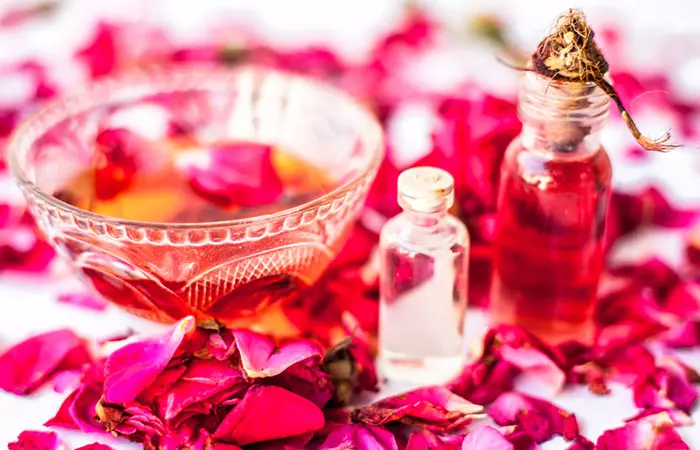
You Will Need
- Rosewater: 2 tablespoons
- Glycerin: 1 tablespoon
- Water: 2 tablespoons
Preparation Time
2 minutes
Processing Time
N/A
Procedure
- Mix the rosewater and glycerin in water.
- Apply the mixture to washed and damp hair from the roots to the ends.
How Often
Once every week
Why It Works
Rosewater and glycerin are beneficial for the hair. Anecdotal evidence suggests that this mask helps maintain hair health.
5. Aloe Vera And Glycerin
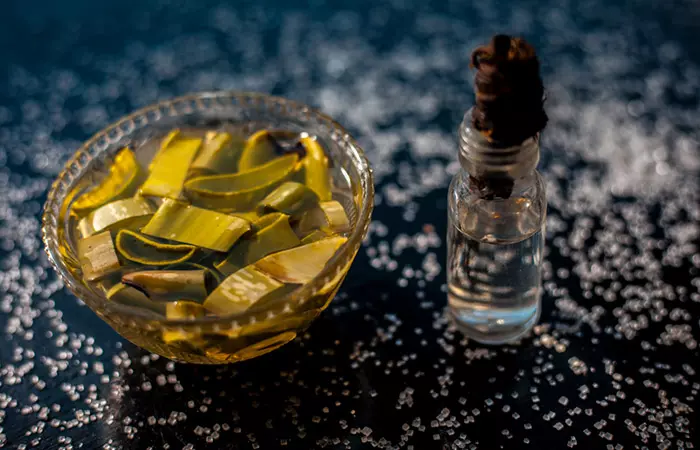
You Will Need
- Aloe vera gel: 1 tablespoon
- Glycerin: 1 tablespoon
Preparation Time
2 minutes
Processing Time
1 hour
Procedure
- Mix the aloe vera gel and glycerin.
- Massage it into the scalp in small, circular motions.
- Apply it to the hair as well.
- Leave it on for an hour and wash your hair as usual.
How Often
Once every week
Why It Works
The benefits of aloe vera are well known. It helps stimulate hair growth, hydrates dry hair, and repairs dry, damaged hair (15), (16). This combination is ideal for dry, damaged, and chemically treated hair.
6. Honey And Glycerin
You Will Need
- Honey: 3 tablespoons
- Glycerin: 2 tablespoons
- Water: 2 tablespoons
Preparation Time
2 minutes
Processing Time
30 minutes
Procedure
- Mix the ingredients to form a paste.
- Apply the paste to your hair and scalp.
- Massage your scalp with your fingertips by moving them in small circular motions.
- Leave the paste on for about 30 minutes.
- Wash off with warm water and a mild shampoo.
How Often
Once every week
Why It Works
Honey is a well-known emollienti An agent or substance that hydrates the skin by forming a protective barrier and trapping moisture in the skin. and keeps the scalp clean from infections like dandruff. Research shows that honey is often used to treat hair and scalp disorders (17). Pairing it with glycerin can boost hair hydration, making your hair healthier and bouncier.
7. Lemon Juice, Eggs, And Glycerin
You Will Need
- Lemon juice: 2 tablespoons
- Glycerin: 1 tablespoon
- Eggs: 2
Preparation Time
2 minutes
Processing Time
45 minutes
Procedure
- Mix the ingredients in a bowl.
- Apply the mixture to the scalp and hair.
- Leave it on for 45 minutes.
- Wash off with warm water and regular shampoo.
How Often
Once every week
Why It Works
Lemon has a high concentration of vitamin C. Vitamin C deficiency is known to cause scurvy and may lead to hair loss (18). It may also help treat hair loss, dandruff, lice, and scalp acne (19). Lemon and glycerin also clarify the scalp and hair.
8. Hair Products
You can also add glycerin to your conditioners and shampoos to boost their moisturizing properties. Glycerin retains moisture and softens the hair.
9. Leave-In Conditioner
You can also use glycerin as a leave-in hair conditioner to keep your strands moisturized and frizz-free throughout the day. Simply mix 1 tablespoon of glycerin with 2 tablespoons of distilled water. Apply it to shampooed, slightly damp hair.
 Quick Tip
Quick TipAlthough glycerin has certain benefits for the hair, one must be aware of its disadvantages too. We have listed the pros and cons of using glycerin for the hair in the following section.
Pros And Cons Of Using Glycerin For Hair
| PROS | CONS |
|---|---|
| Moisturizes the hair | Can make the hair sticky, greasy, and weighed down when applied in its pure form |
| Treats dry and itchy scalps | Might not work in certain climatic conditions |
| Boosts hair shine | Acts as a conductor of heat |
| Balances scalp pH | Needs to be applied with other products |
| May help stimulate hair growth and improve overall hair health | May cause irritation and itching in some |
Types Of Glycerin
- Vegetable glycerin is a thick, colorless, and odorless liquid obtained from coconut and soybean. It is popular in the cosmetic industry for its skin moisturizing benefits.
- Animal-derived glycerin is extracted from animal fats. It is commonly used in beauty and personal care products.
Did you know glycerin is also called glycerol, glycerine vegetale, and glyceryl alcohol when used in cosmetic products? Since it is often used in hair and skin products, it is important to know if it may cause any side effects.
Side Effects
The topical application of glycerin is considered safe (20). But it should not be used on cracked or broken skin. When used on the hair, glycerin should be paired with oils, water, or other serums to ensure it does not weigh the hair down or make it greasy.
Glycerin carries heat very well. Hence, it must not be applied to the hair when using heating tools like curling irons or blow dryers. It may also cause hair damage and make the hair and scalp feel very sticky.
Glycerin may also cause allergic reactions in some. Perform a patch test on your wrist, forearm, or just below the back hairline before using. Check for any redness, swelling, burning, bumps, or itching. Most of these adverse effects are based on anecdotal evidence.
It also must be noted that glycerin cannot be used at all times. We will discuss this further in the coming section.
When You Should Not Use Glycerin
It is advisable not to use pure glycerin during winters. In winters, our skin tends to crack. Hence, do not use pure glycerin on the skin without any carrier oil or water. Glycerin tends to thicken when cold and may thicken when applied to the hair and dry it up.
Infographic: DIY Glycerin Masks For Hair
Glycerin as an ingredient is found in almost every moisturizer or lotion. It has been in the skincare industry for years, as different skin types and hair types benefit from its hydrating and softening properties. This colorless and odorless liquid can be easily incorporated into your routine. The infographic below lists a few masks you can make at home. Check it out.

Illustration: StyleCraze Design Team
The benefits of glycerin for your hair range from moisturizing the hair and scalp to preventing split ends and hair breakage while improving hair texture and hair strength. Its humectant properties help soften the hair while protecting it from heat damage from heat styling tools. You can prepare certain homemade formulations with glycerin using hair-healthy ingredients like rose water, aloe vera, honey, olive oil, eggs, and lemon juice for hair nourishment. The recipes listed above improve overall hair and scalp health while combating dry scalp and dandruff. However, glycerin may cause itching and irritation in some individuals and not work in some climatic conditions. Also, do not apply glycerin in its purest form as it makes your hair sticky and greasy.
Frequently Asked Questions
Can I mix glycerin with coconut oil?
Yes. You can mix glycerin and coconut oil in a 1:1 ratio in a cup of water to make a nourishing hair spray.
Is glycerin bad for curly hair?
It depends on the weather. Glycerin is a humectant and pulls moisture from the air to hydrate your hair. If the weather is too humid or too dry, it might end up making your curly hair lose its definition or become too frizzy.
Is glycerin good for relaxed hair?
Yes. Glycerin helps hydrate your relaxed hair and protect it against frizz and breakage.
Can I use glycerin overnight?
Yes. Glycerin is considered safe for overnight use on your hair as it helps keep it moisturized.
Illustration: Glycerin For Hair: Benefits And How To Apply
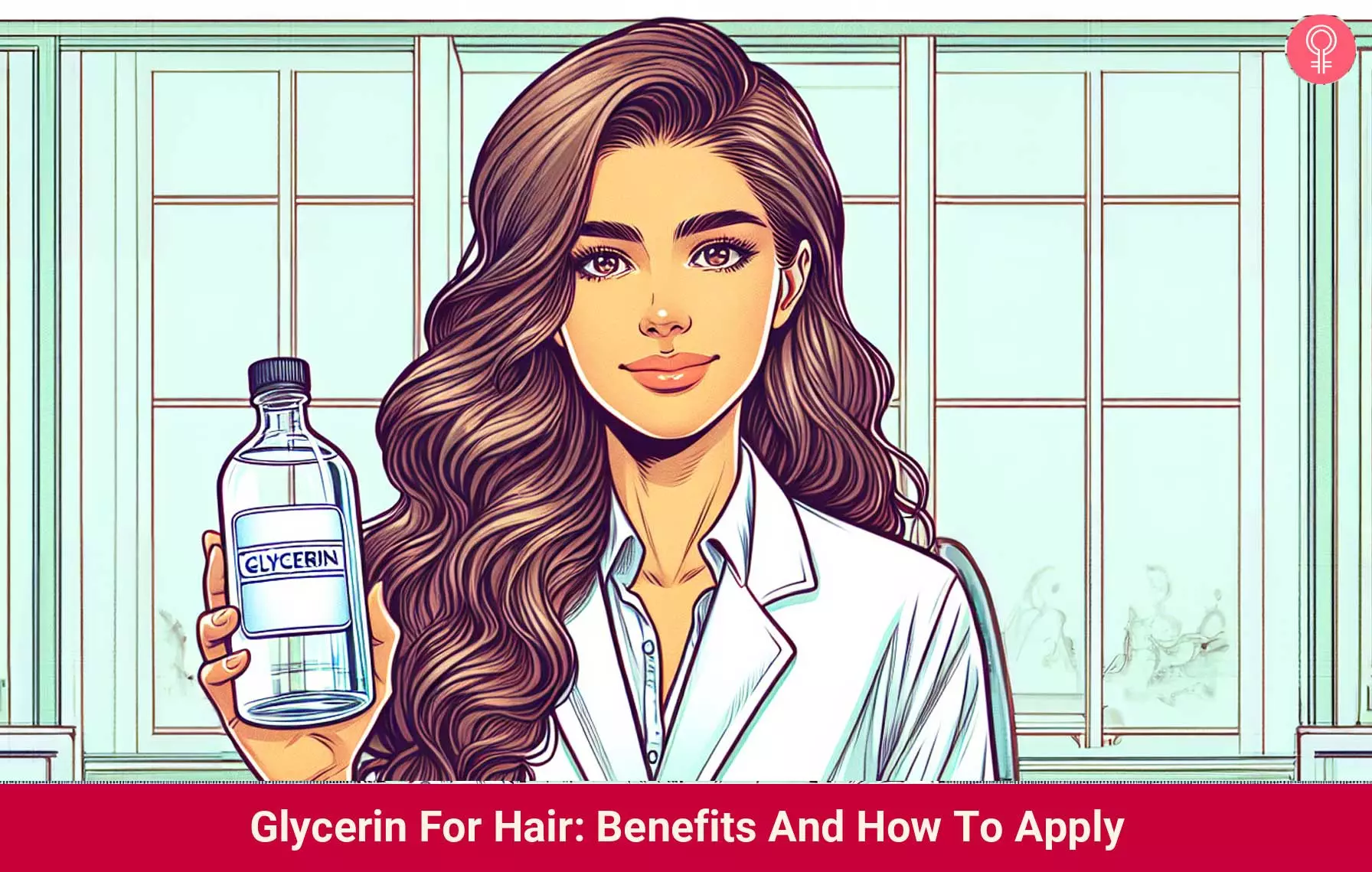
Image: Dall·E/StyleCraze Design Team
References
Articles on StyleCraze are backed by verified information from peer-reviewed and academic research papers, reputed organizations, research institutions, and medical associations to ensure accuracy and relevance. Read our editorial policy to learn more.
- Heat Protection by Glycerol in Vitro
https://cancerres.aacrjournals.org/content/canres/42/6/2171.full.pdf - A High Glycerol-Containing Leave-On Scalp Care Treatment to Improve Dandruff
https://pubmed.ncbi.nlm.nih.gov/25134312/ - Formulation and Evaluation of Herbal Hair Gel for Hair Growth Potential
https://juniperpublishers.com/jpcr/pdf/JPCR.MS.ID.555581.pdf - Essential Oils against Dandruff: An Alternative Treatment
http://www.ijpacr.com/files/07-04-2017/21.pdf - Shampoo and Conditioners: What a Dermatologist Should Know?
https://www.ncbi.nlm.nih.gov/pmc/articles/PMC4458934/ - Hair Growth Stimulation by a Natural Remedy: Animal Studies
https://www.researchgate.net/publication/330708237_Hair_growth_stimulation_by_a_Natural_Remedy_Animal_Studies - Glycol And Glycerin: Pivotal Role In Herbal Industry As Solvent/co-Solvent
https://www.researchgate.net/publication/324942324_GLYCOL_AND_GLYCERIN_PIVOTAL_ROLE_IN_HERBAL_INDUSTRY_AS_SOLVENTCO-SOLVENT - Influence of Rosa damascena hydrosol on skin flora (contact culture) after hand-rubbinghttps://www.ncbi.nlm.nih.gov/pmc/articles/PMC7492752/
- Redensyl
https://nardev.com/UploadSection/ProdCat-276-1446515551.pdf - Naturally Occurring Hair Growth Peptide: Water-Soluble Chicken Egg Yolk Peptides Stimulate Hair Growth Through Induction of Vascular Endothelial Growth Factor Production
https://pubmed.ncbi.nlm.nih.gov/29583066/ - Essential Oils against Dandruff: An Alternative Treatment
http://www.ijpacr.com/files/07-04-2017/21.pdf - Naturally Occurring Hair Growth Peptide: Water-Soluble Chicken Egg Yolk Peptides Stimulate Hair Growth Through Induction of Vascular Endothelial Growth Factor Production
https://www.liebertpub.com/doi/abs/10.1089/jmf.2017.4101?cookieSet=1 - Investigation Of Penetration Abilities Of Various Oils Into Human Hair Fibers
https://pubmed.ncbi.nlm.nih.gov/16258695/ - Inhibition Of Steroid 5 Alpha-Reductase By Specific Aliphatic Unsaturated Fatty Acids
https://pubmed.ncbi.nlm.nih.gov/1637346/ - Assessment of the usefulness of dihydrotestosterone in the diagnostics of patients with androgenetic alopecia
https://www.ncbi.nlm.nih.gov/pmc/articles/PMC4171668/ - Therapeutic And Prophylactic Effects Of Crude Honey On Chronic Seborrheic Dermatitis And Dandruff
https://pubmed.ncbi.nlm.nih.gov/11485891/ - Aloe vera : A Potential Herb and its Medicinal Importance
https://www.jocpr.com/articles/aloe-vera–a-potential-herb-and-its-medicinal-importance.pdf - Ethnopharmacological Survey Of Home Remedies Used For Treatment Of Hair And Scalp And Their Methods Of Preparation In The West Bank-Palestine
https://www.ncbi.nlm.nih.gov/pmc/articles/PMC5499037/ - The Role of Vitamins and Minerals in Hair Loss: A Review
https://www.ncbi.nlm.nih.gov/pmc/articles/PMC6380979/ - Safety Assessment of Glycerin as Used in Cosmetics
https://www.cir-safety.org/sites/default/files/glycerin.pdf
Read full bio of Dr. Shruti Chavan
Read full bio of Anjali Sayee
Read full bio of Eshna Das
Read full bio of Krati Darak






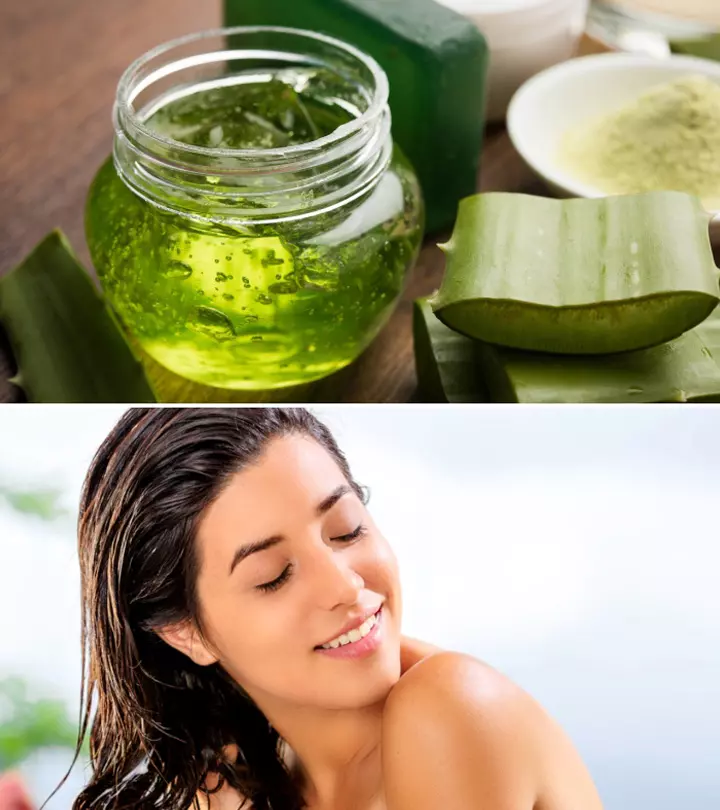
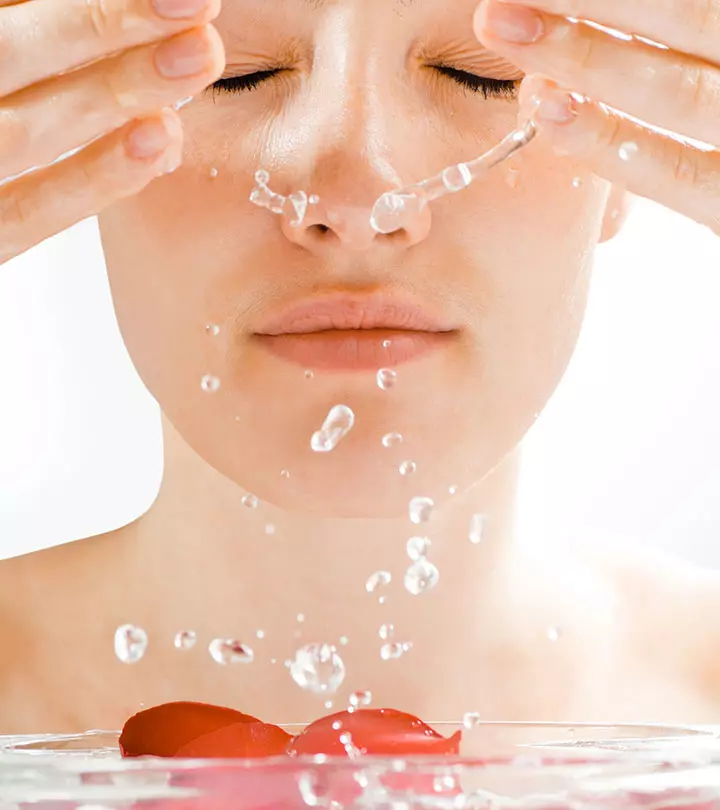
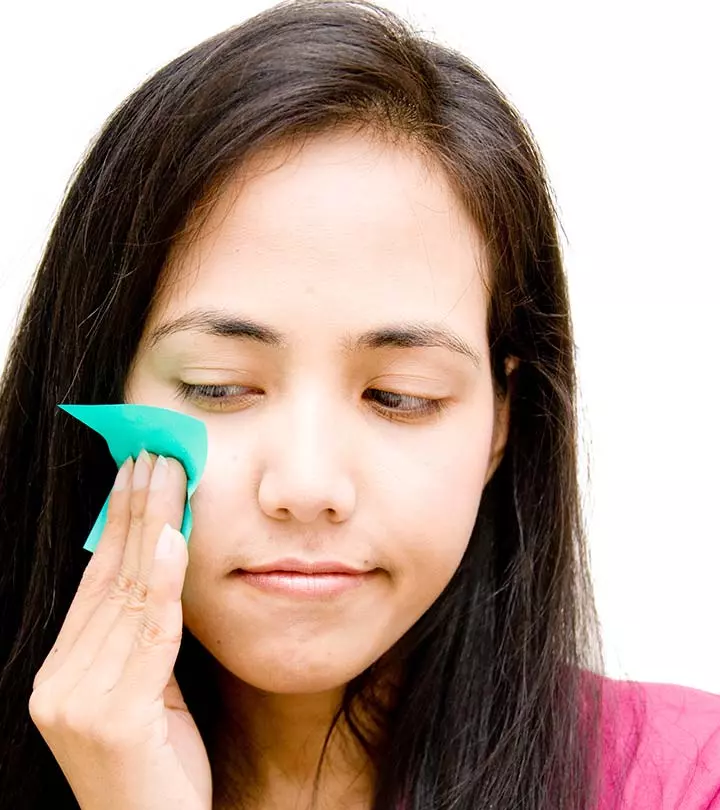

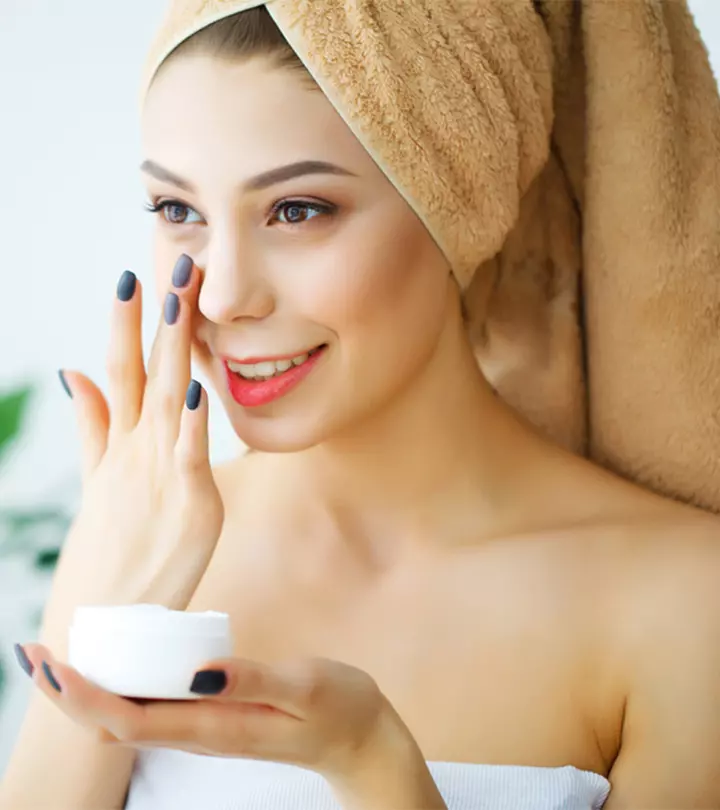
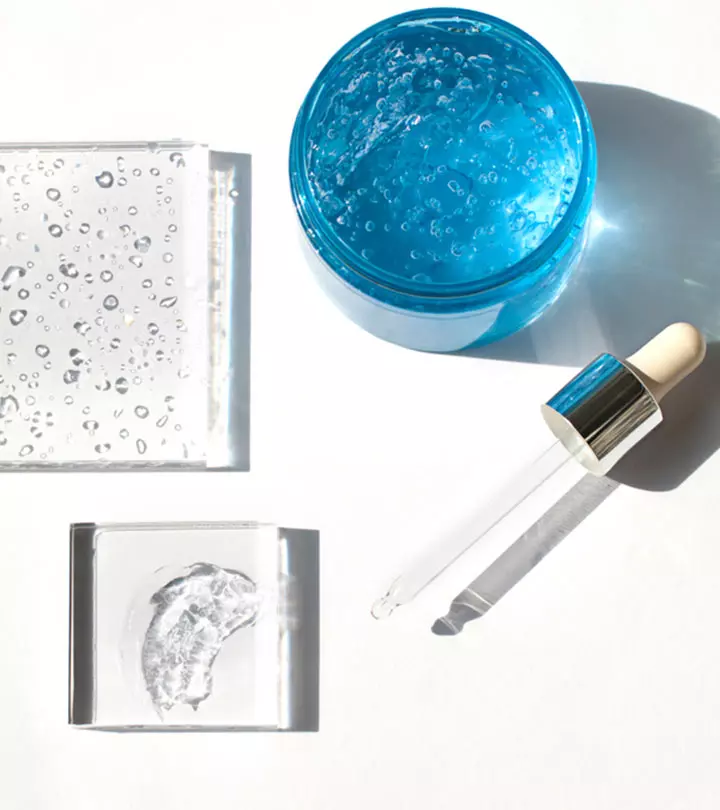
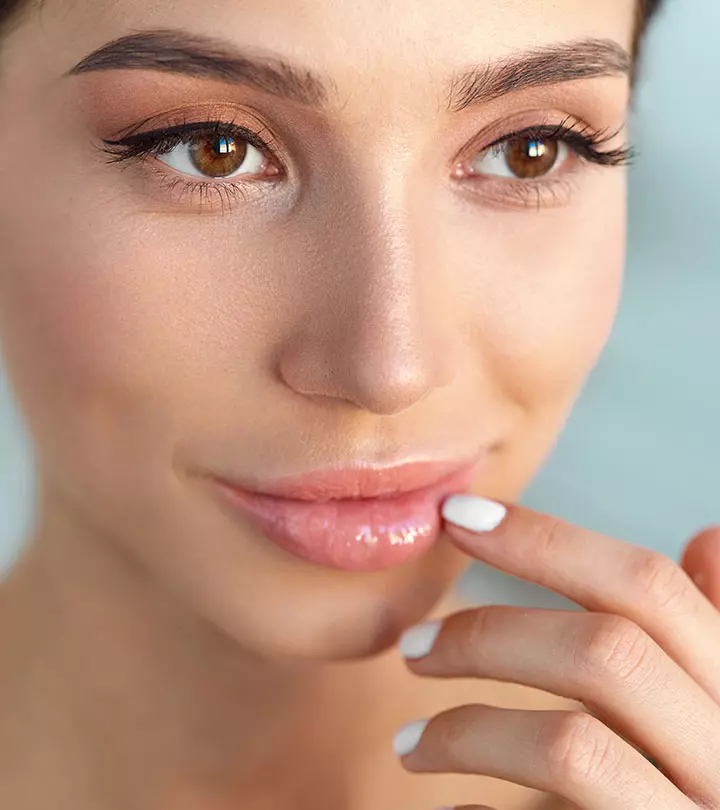
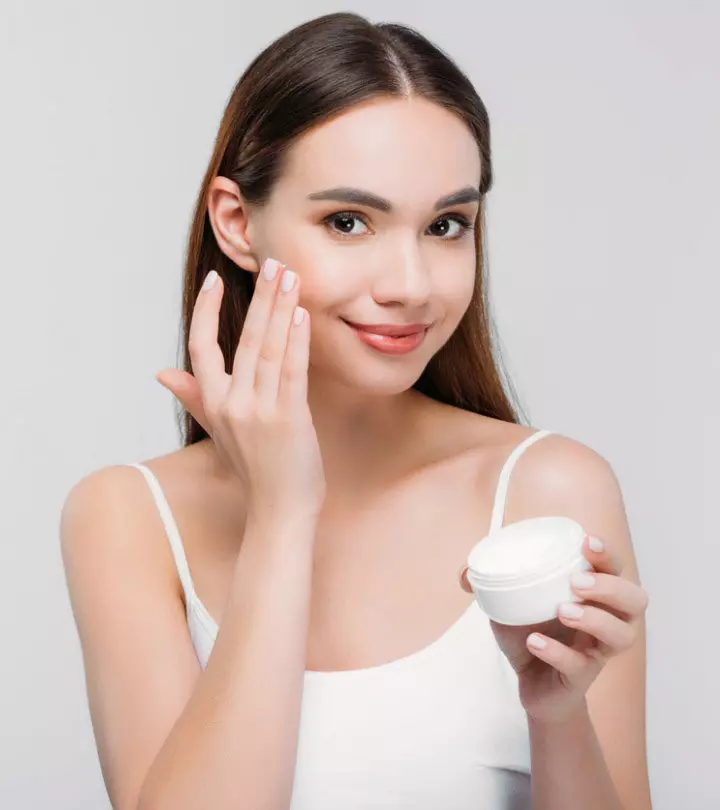
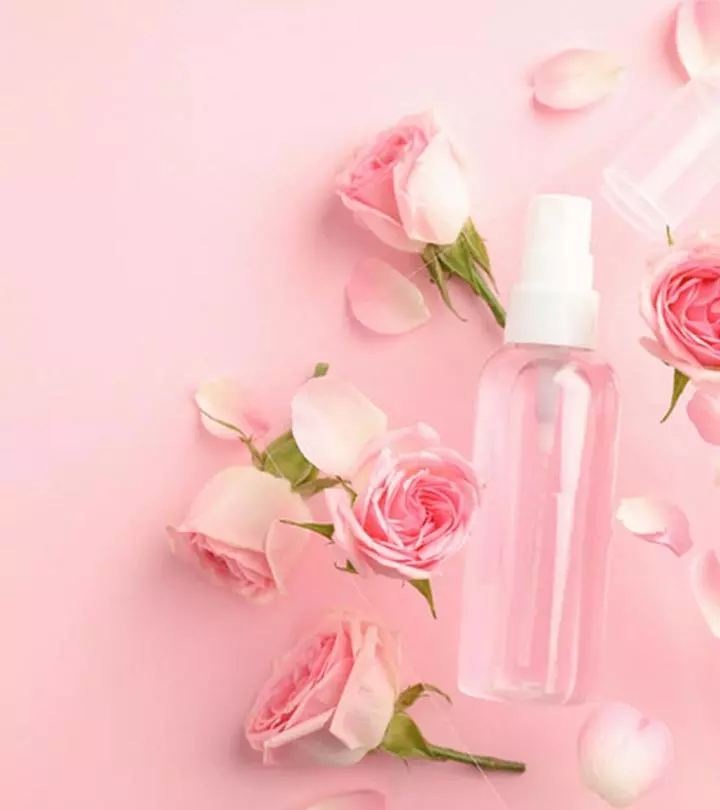
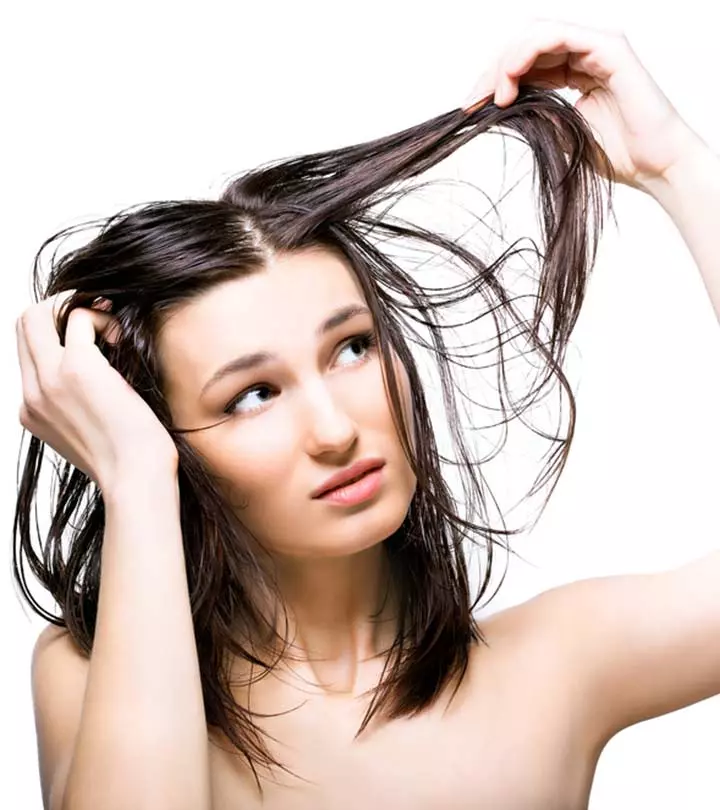
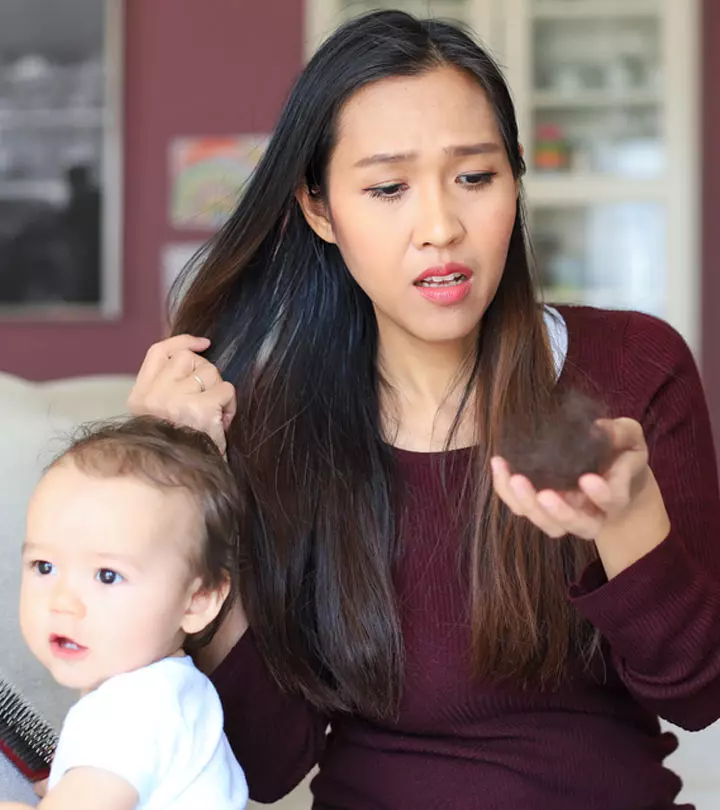
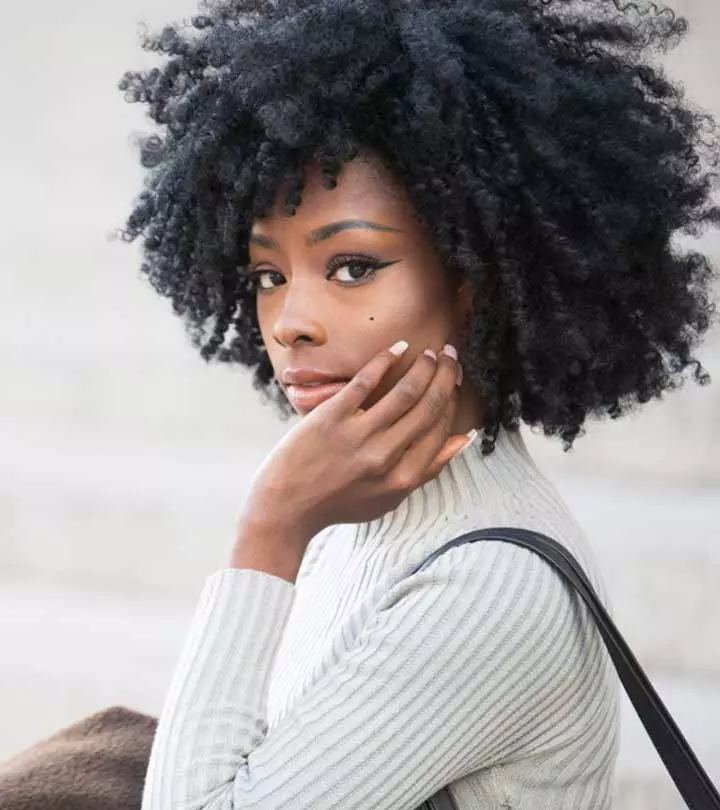
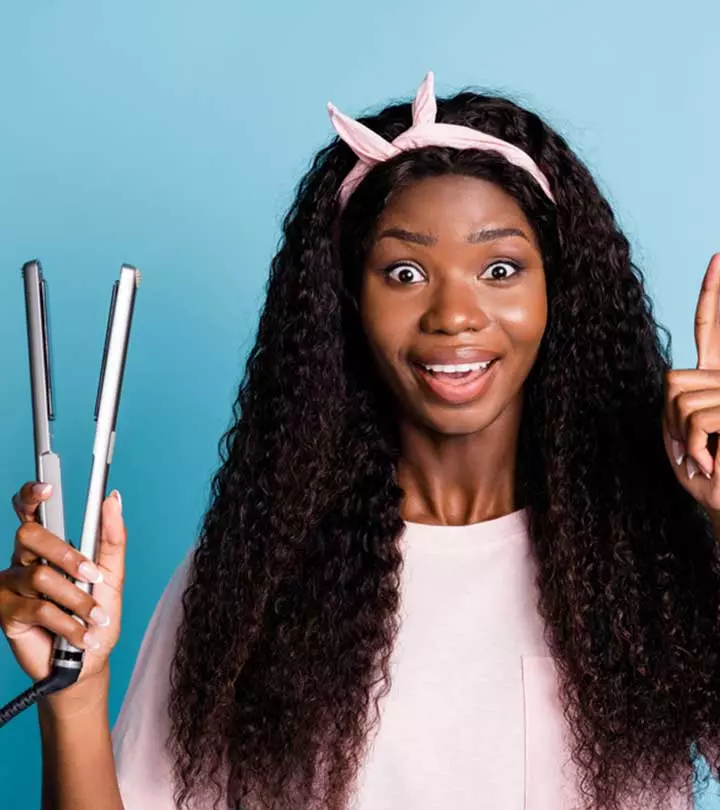
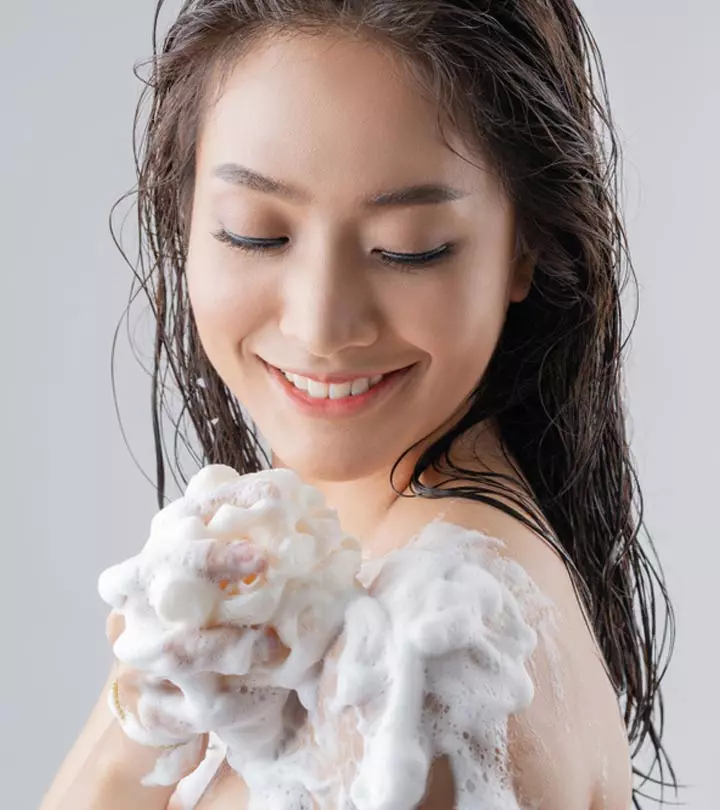
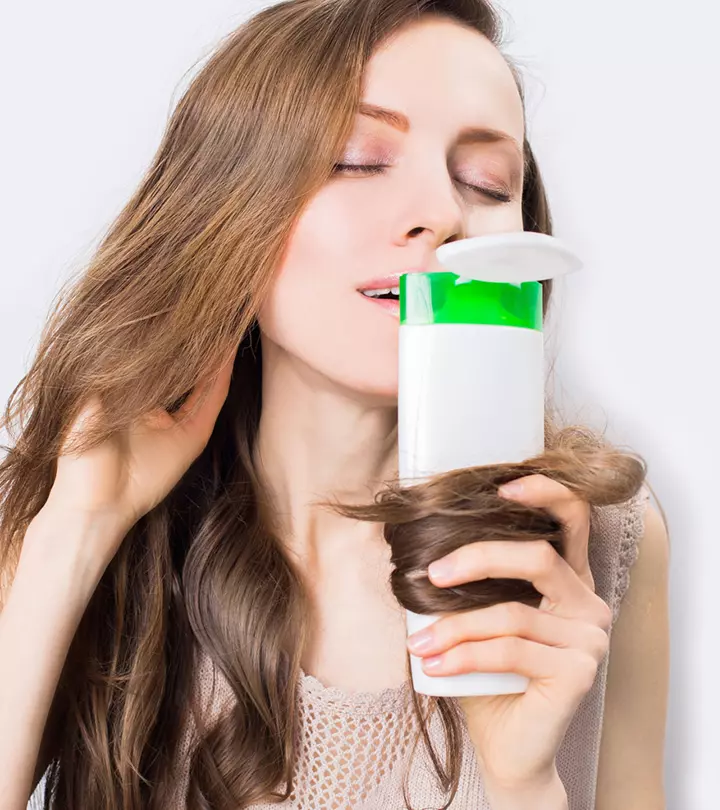
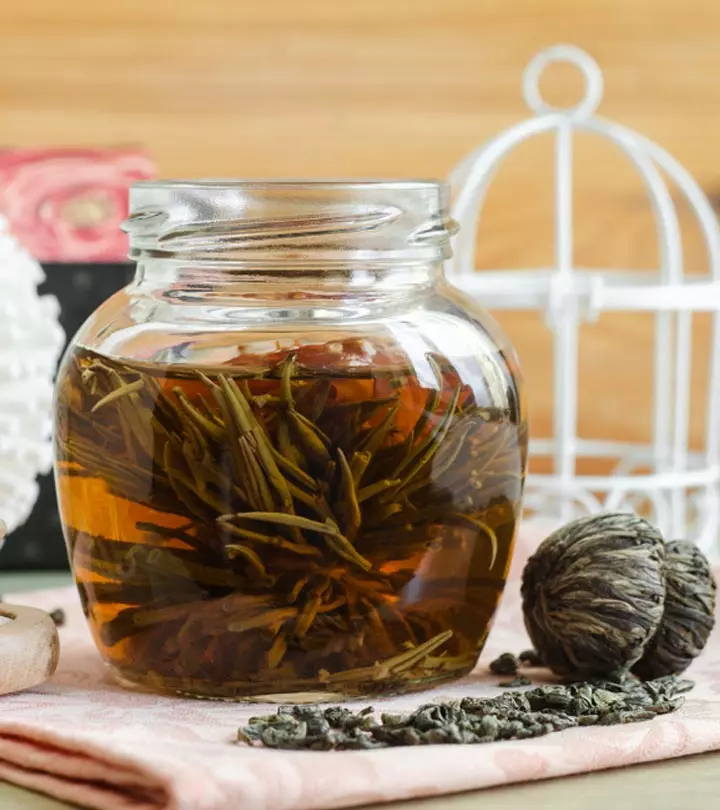
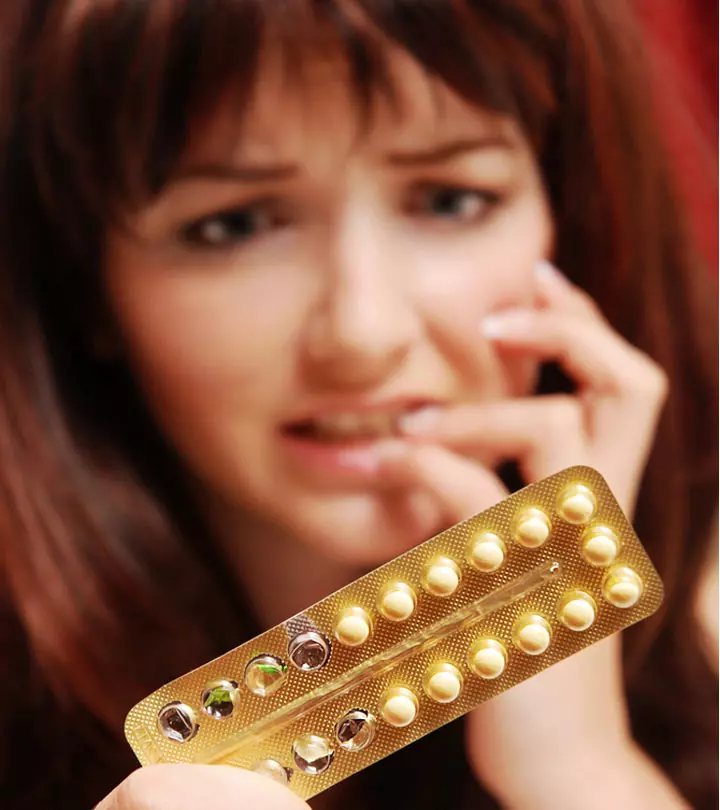
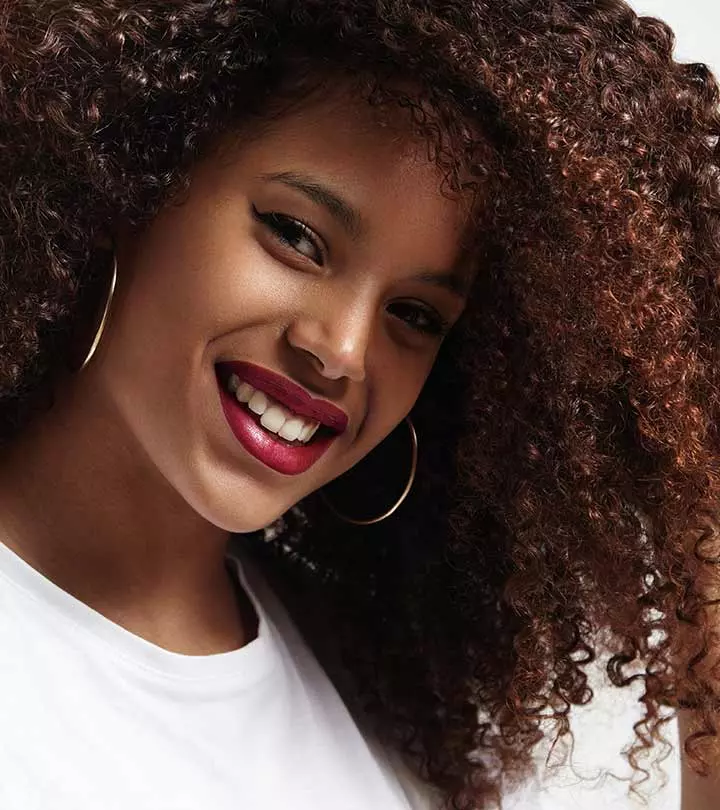
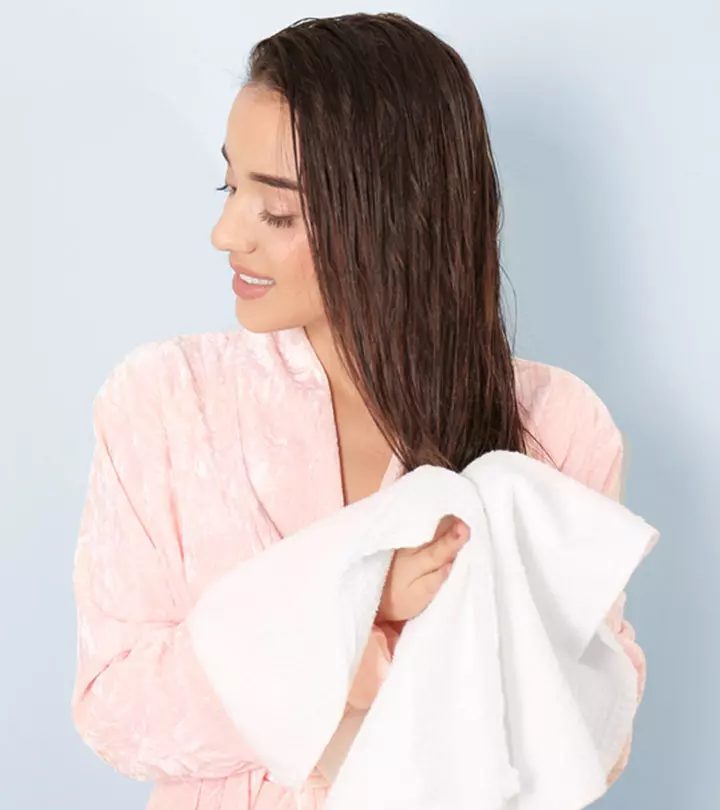
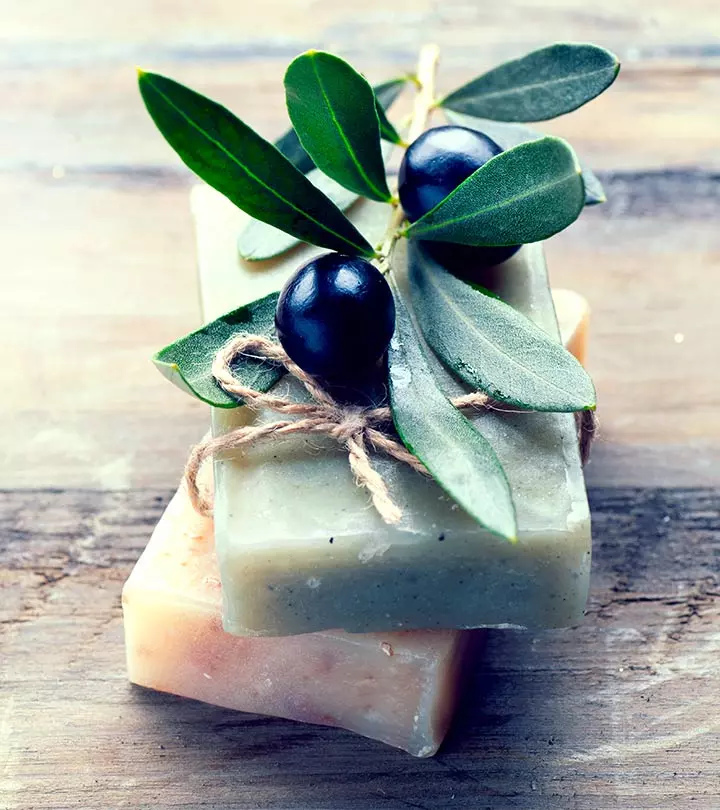
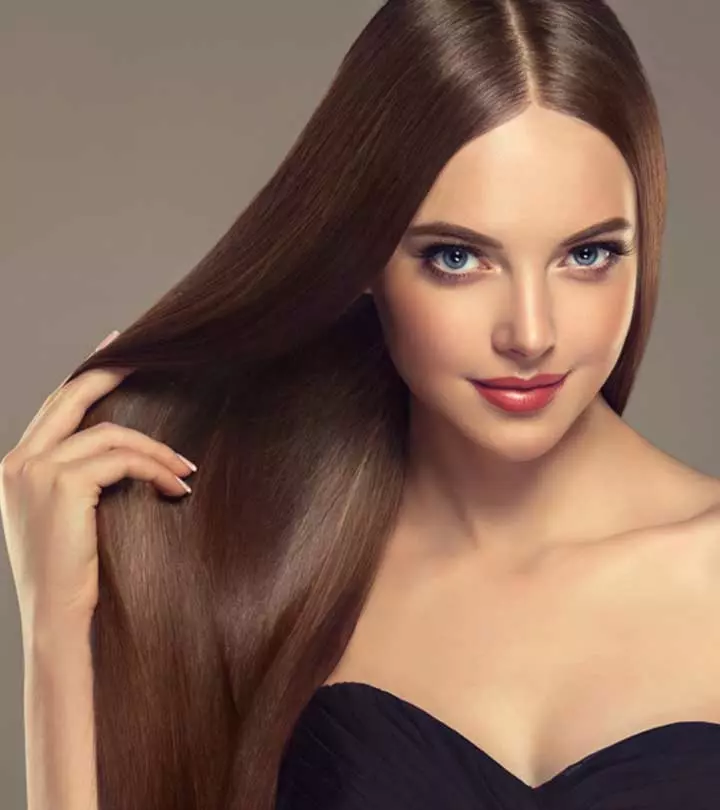
Community Experiences
Join the conversation and become a part of our empowering community! Share your stories, experiences, and insights to connect with other beauty, lifestyle, and health enthusiasts.